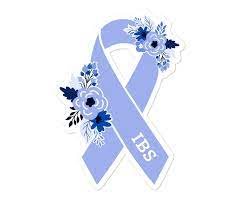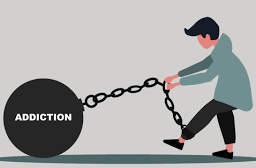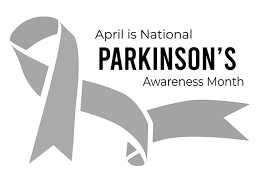
Living with Irritable Bowel Syndrome: Tips for Relief
Welcome to our exploration of Irritable Bowel Syndrome (IBS) during IBS Awareness Month 2023. IBS is a prevalent digestive disorder impacting millions worldwide. This chronic condition, affecting the large intestine, manifests in various ways, including abdominal pain, bloating, constipation, and diarrhea. Throughout this month, we’ll delve into the symptoms, triggers, and effective treatment options to enhance your understanding of IBS and promote digestive well-being.

April is recognized as Irritable Bowel Syndrome (IBS) Awareness Month, a time to raise awareness about this common digestive disorder that affects millions of people worldwide. IBS is a chronic condition that affects the large intestine, causing symptoms such as abdominal pain, bloating, constipation, and diarrhea. While the exact cause of IBS is unknown, there are several factors that can trigger or worsen symptoms.
The Symptoms of IBS Irritable Bowel Syndrome
The symptoms of IBS can vary from person to person, but the most common ones include abdominal pain or discomfort, bloating, constipation, and diarrhea. Some people may experience alternating bouts of constipation and diarrhea, while others may have predominantly one or the other. In addition to these physical symptoms, IBS can also cause emotional distress and anxiety, which can further exacerbate symptoms.
The Triggers of Irritable Bowel Syndrome
There are several factors that can trigger or worsen symptoms of IBS. These include certain foods, stress, hormonal changes, and medications. Foods that are high in fat, caffeine, or artificial sweeteners are known to trigger symptoms in some people. Stress is also a common trigger for IBS, as it can cause changes in the digestive system and exacerbate symptoms. Hormonal changes, such as those that occur during menstruation, can also trigger symptoms. Certain medications, such as antibiotics or antidepressants, can also worsen symptoms of IBS.
Treatment Options for Irritable Bowel Syndrome
While there is no cure for IBS, there are several treatment options available to help manage symptoms. These include dietary changes, stress management techniques, and medication. A low FODMAP diet has been shown to be effective in reducing symptoms in some people with IBS. Stress management techniques such as yoga or meditation can also help alleviate symptoms. Medications such as antispasmodics or laxatives may be prescribed to help manage symptoms. It is important to work with a healthcare provider to develop a treatment plan that is tailored to your individual needs.
In conclusion, irritable bowel syndrome is a common digestive disorder that affects millions of people worldwide. While the exact cause of IBS is unknown, there are several factors that can trigger or worsen symptoms. Symptoms of IBS can vary from person to person, but the most common ones include abdominal pain, bloating, constipation, and diarrhea. Treatment options for IBS include dietary changes, stress management techniques, and medication. If you are experiencing symptoms of IBS, it is important to talk to your healthcare provider to develop a treatment plan that is right for you.
Disclaimer: The information provided in this content is for general informational purposes only. It is not intended as medical or healthcare advice, diagnosis, or treatment. Always seek the advice of a qualified healthcare professional with any questions you may have regarding a medical condition or healthcare decisions.
















